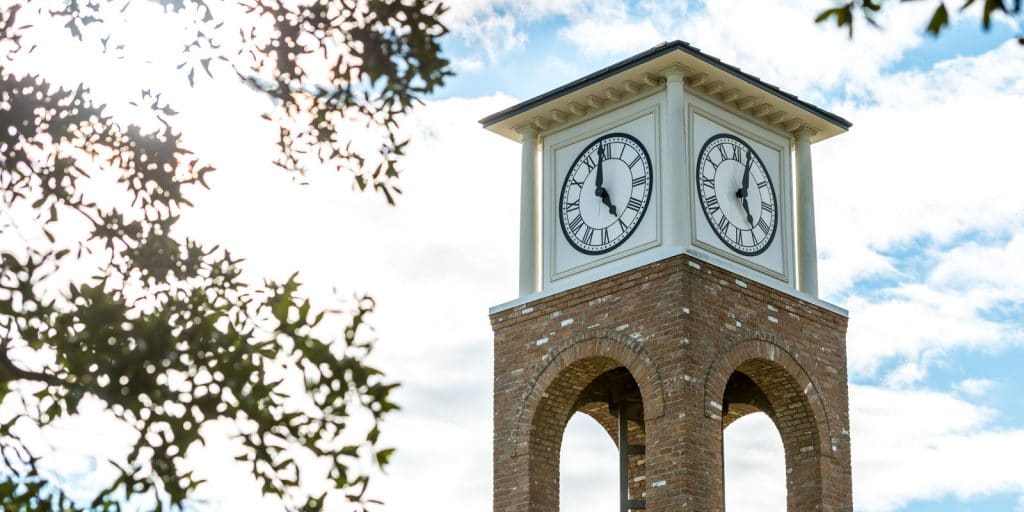Mississippi Gulf Coast Community College received one of the first Centers of Excellence Designations for Domestic Maritime Workforce Training and Education (CoE) from the Maritime Administration (MARAD) in the U.S. Department of Transportation in 2021. Twenty-seven institutions were recognized with the CoE designation for preparing students to begin careers in our nation’s maritime industry.
“We are excited by the news that the U.S. Secretary of Transportation has designated Mississippi Gulf Coast Community College as a 2021 Center of Excellence in recognition of its high quality and lasting commitment toward maritime workforce development,” said Dr. Mary S. Graham, MGCCC president. “The CoE designation will position the college for federal funding to assist MGCCC in providing a highly qualified workforce that meets the needs of local employers; help employers maintain their competitive advantage through innovations in manufacturing; and also meet the very demanding needs of the military industrial base on the Mississippi Gulf Coast.”
Already a powerhouse in maritime training, MGCCC provides a variety of programs and courses in manufacturing and shipbuilding, with programs offered throughout its four-county district. These efforts contribute to a preeminent shipbuilding workforce with support from an actively engaged industry and educational partners who have manufactured ships for many decades. This workforce stands ready to produce the next generation of ships and autonomous vehicles.
“The CoE designations recognize the high standard of maritime education and training provided by the designated community and technical colleges and maritime training centers. These institutions play vital roles in our nation’s maritime industry by providing the training and skills students need to begin and advance careers afloat and ashore,” said Lucinda Lessley, Acting Maritime Administrator.
MARAD may now start working with the designated institutions to enter into cooperative agreements to help advance recruitment of students and faculty, enhance facilities, award student credit for military service, and potentially receive assistance in the form of surplus equipment or temporary use of MARAD vessels. Authorized under the National Defense Authorization Act of 2018, the CoE program is designed to assist the maritime industry in gaining and sustaining a well-trained labor force while enhancing diversity and inclusion in the industry.
MGCCC leads the way by fostering diversity and inclusion in campus culture, implementing initiatives to serve historically underserved populations in Mississippi, and through broadening the scope of the definition to include other groups such as nontraditional students, online students, and other part-time students who face socio-economic barriers in contemporary society. These efforts have gained national-level attention, with MGCCC being named the winner of the Excellence and Equity in Community College STEM Award given by the Aspen Institute College Excellence Program and the Siemens Foundation.
A shortage of qualified maritime workers has been identified by U.S. industry leaders as the primary challenge to growth in the domestic maritime sector. The maritime industry requires technical skills training and licensing – even for entry-level positions. To earn appropriate credentials for each level of maritime industry employment, workers must complete regular training. Community and technical colleges can provide this training – on affordable basis.
MGCCC is one of the few community and technical colleges across the country already capable of providing leadership in domestic maritime workforce training. MGCCC and other CoE colleges already have many maritime and marine technology workforce technical training programs in place that are capable of working with MARAD and U.S. industries to secure the domestic maritime workforce talent pipeline.
U.S. Secretary of Transportation Pete Buttigieg said the collaboration between MARAD and institutions like MGCCC that have the CoE designation is an important expansion of MARAD’s role. “Our collaboration with these institutions in supporting maritime education will help form pathways to good-paying American jobs in our nation’s maritime industry.”




